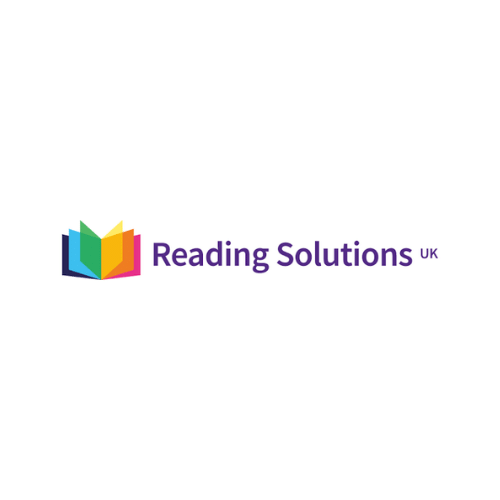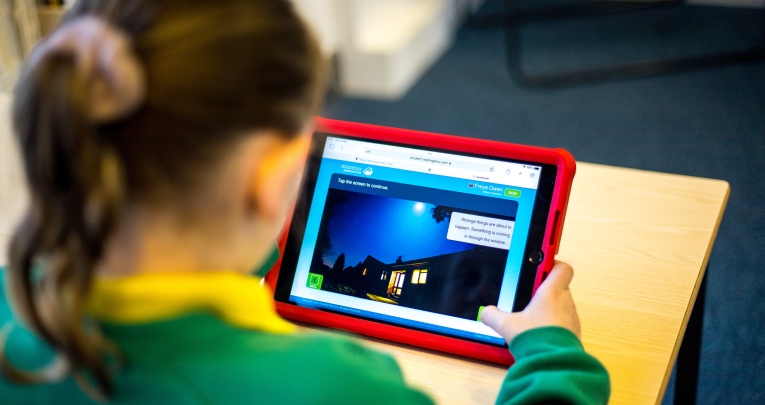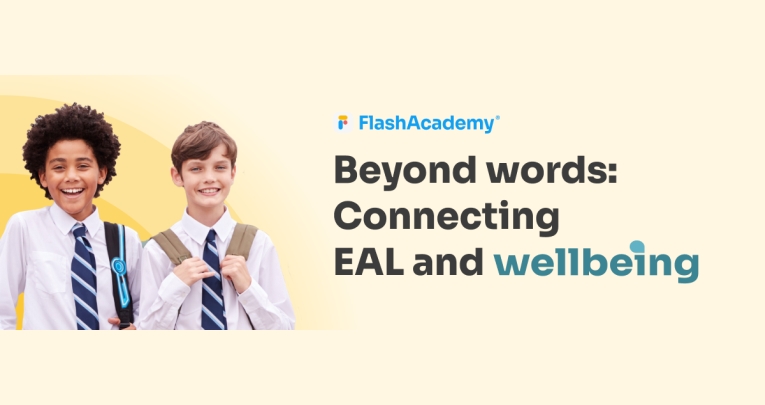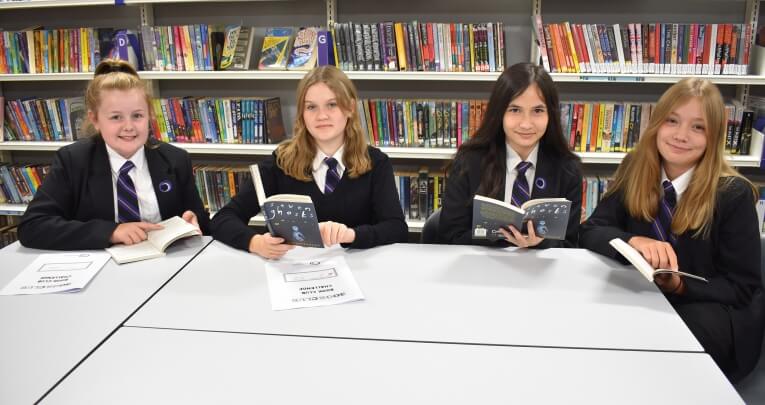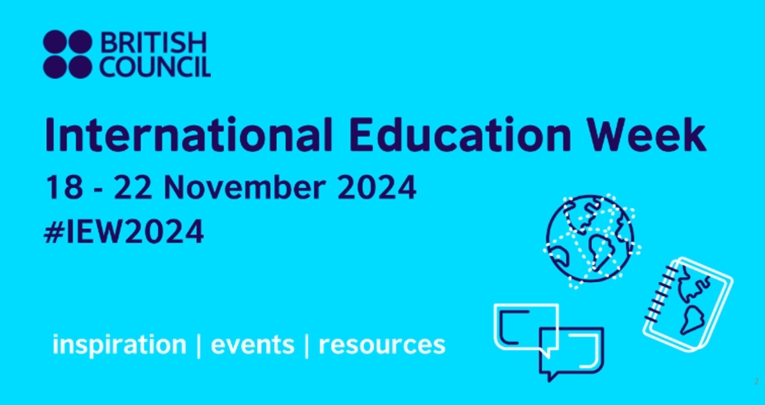Reading Solutions UK’s Ian Fitzpatrick discusses the findings of its reading white paper, which explores today’s KS3 teaching landscape
 Our Expert
Our Expert
Ian Fitzpatrick
Managing director, Reading Solutions UK
Area of expertise: Developing efficient readers.
Best part of my job: Making a difference in children’s reading enjoyment.
What areas are examined in the ‘Challenge, impact, outcomes’ white paper and over what period?
In 2022 and 2023, a quarter of students didn’t reach the expected standard in reading at KS2, meaning hundreds of thousands were going to struggle to access the KS3 curriculum.
One of our core values is making a difference, which we do by providing Reading Plus – an evidence-based online reading programme – to schools, alongside sharing best practices.
We wanted to explore today’s KS3 teaching landscape, the solutions being offered by the government and share some proven strategies.
“In 2022 and 2023, a quarter of students didn’t reach the expected standard in reading at KS2, meaning hundreds of thousands were going to struggle to access the KS3 curriculum.”
What are the principal trends and developments it identifies?
Early in 2023, we collected over 100 survey responses from UK educators (trust leaders, headteachers, class teachers, etc.) responsible for delivering the KS3 English curriculum.
Top level results showed that only 5% of respondents were ‘completely confident’ that their KS3 students could fully access the KS4 curriculum; 38% said that assessing reading was more difficult than ever, while 50% were concerned about their disadvantaged cohorts being able to catch up with reading.
What are the main reading challenges students currently face?
Educators’ top three student challenges were comprehending complex academic texts, vocabulary knowledge and a lack of engagement (such as a dislike of reading for pleasure). These issues are all intrinsically linked.
In secondary, struggling readers are expected to access texts with subject-specific language written in various structures. What if they lack academic vocabulary knowledge and fluency?
In that case, they will struggle to comprehend and finish the text, resulting in disengagement across all subjects, while diminishing their chances of successfully accessing the KS4 curriculum.
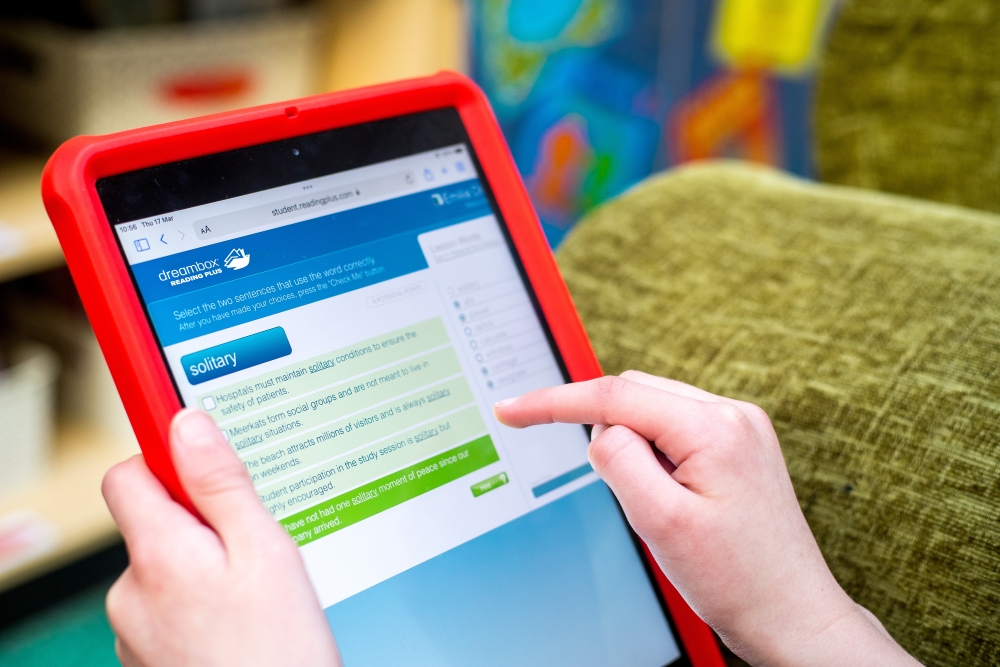
What are some of the white paper’s key recommendations for improving literacy at KS3?
Reading fluency is a significant variable in secondary students’ reading development, as they need to read and comprehend more informational texts with increased language demands.
Fluency requires the ability to read with accuracy at an appropriate speed. Students with poor reading fluency may get left further behind, as they’re unlikely to exhibit easy-to-spot signs.
This will widen the gap year on year, significantly impacting upon their academic success. Reading fluency should therefore be a priority for KS3 educators.
Why should educators focus on improving students’ reading fluency?
Reading fluency has the greatest impact on comprehension.
A fluent reader can group words and recognise them automatically, enabling them to focus their attention on what the text means. A fluent reader can also decode unfamiliar words based on social and cultural contextualisation, and will find comprehending complex topics easier.
As well as aiding comprehension, students who can read fluently find reading (and learning) easier and more enjoyable, meaning they’re more likely to read for pleasure.
For more information, call 0191 389 6078, email info@readingsolutionsuk.com or visit readingsolutionsuk.com.

- Reading Plus
Our adaptive online reading development programme is designed to improve students’ fluency, vocabulary and comprehension - Improving reading fluency
The patented Guided Window on Reading Plus uses adaptive technology to develop fluency and stamina - Assessing reading gaps
Inbuilt formative and summative assessments determine students’ reading skills and provide teachers with high-level data to close the gap

